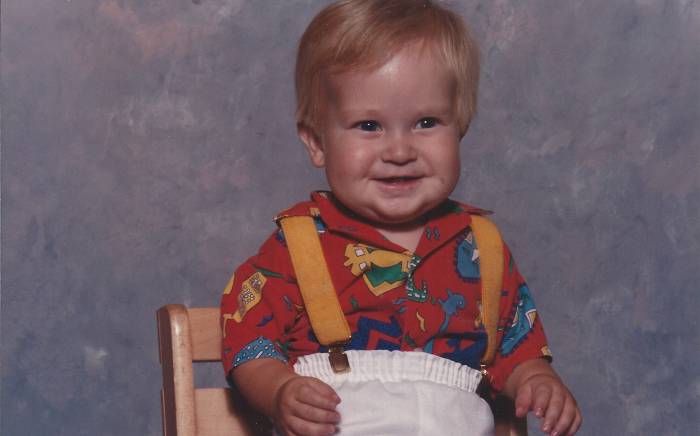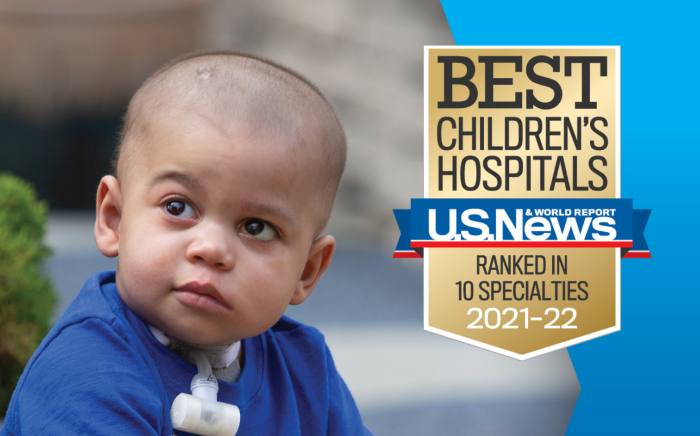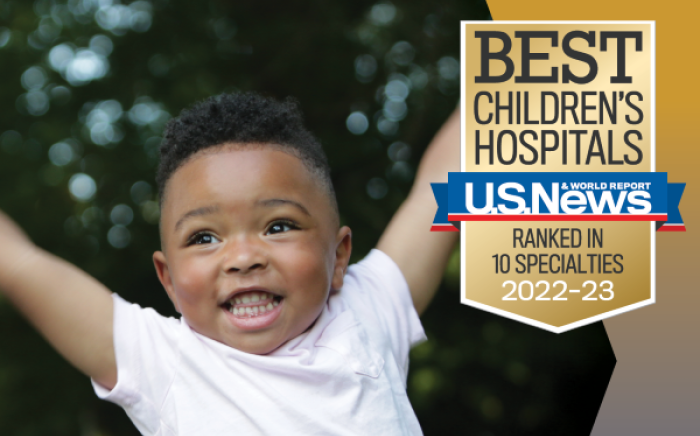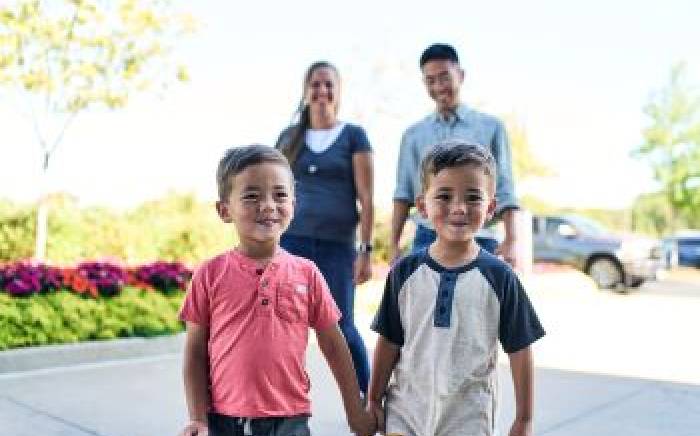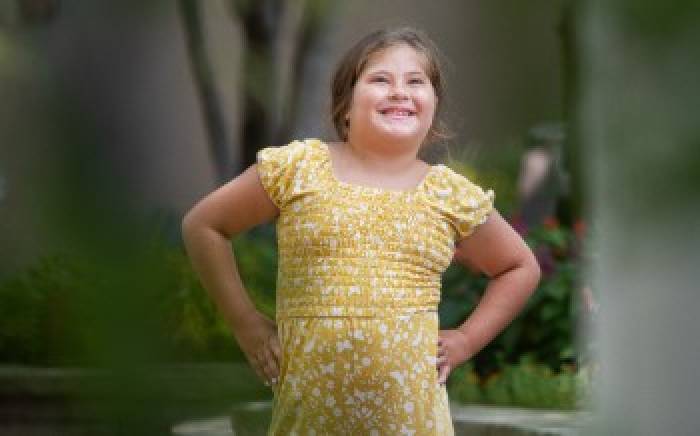St. Louis Children’s Hospital, Barnes-Jewish Hospital, and Washington University School of Medicine’s Collaborative Program is One of Eleven U.S. Programs to Earn Accreditation Under New ACHA Program
 In recognition of its expertise in serving adults with congenital heart disease (CHD), The Washington University Adult Congenital Heart Disease Program at Barnes-Jewish and St. Louis Children’s Hospitals has received accreditation from the Adult Congenital Heart Association (ACHA), a nationwide organization focused on connecting patients, family members and healthcare providers to form a community of support and network of experts with knowledge of congenital heart disease CHD.
In recognition of its expertise in serving adults with congenital heart disease (CHD), The Washington University Adult Congenital Heart Disease Program at Barnes-Jewish and St. Louis Children’s Hospitals has received accreditation from the Adult Congenital Heart Association (ACHA), a nationwide organization focused on connecting patients, family members and healthcare providers to form a community of support and network of experts with knowledge of congenital heart disease CHD.
The Washington University Adult Congenital Heart Disease Program is the result of a collaborative effort between St. Louis Children’s Hospital, Barnes-Jewish Hospital, and Washington University School of Medicine to provide compassionate and comprehensive care to patients born with CHD through adulthood. This program has treated more than 2,000 adult CHD patients, making it one of the largest CHD programs in the U.S.
“This ACHA accreditation program is so important because it drives home the fact that these patients require specialized care at certified centers,” said Dr. Joseph Billadello, director, Washington University Adult Congenital Heart Disease Center. “There are many different types of congenital heart defects, and treatment options are constantly changing. Studies have shown that care at specialized centers saves lives.”
Individuals with CHD, the most common birth defect diagnosed in one in 100 births, are living longer. There are now 1.4 million adults in the U.S. living with one of the many different types of congenital heart defects that range among simple, moderate, and complex.
“Less than ten percent of adults with CHD are seeing a cardiologist who specializes in their condition,” said Dr. Pirooz Eghtesady, Washington University cardiothoracic surgeon-in-chief at St. Louis Children’s Hospital. “Patients are now surviving to adulthood, but it can be difficult for them to find an adult cardiologist with experience in what was once only a childhood disease. This accreditation will help adult CHD patients find the best care available.”
Washington University Adults with Congenital Heart Disease program received accreditation by meeting ACHA’s criteria, which includes medical services and personnel requirements, and going through a rigorous accreditation process, both of which were developed over a number of years through a collaboration with doctors, physician assistants, nurse practitioners, nurses, and ACHD patients.
“There are now more adults than children in the U.S. with CHD,” said Mark Roeder, president and CEO of ACHA. “Accreditation will elevate the standard of care and have a positive impact on the futures of those living with this disease. Coordination of care is key, and this accreditation program will make care more streamlined for ACHD patients, improving their quality of life.”
Ten (10) additional centers have earned the ACHA ACHD Accredited Comprehensive Care Center designation:
- Ahmanson/UCLA Adult Congenital Heart Disease Center (Los Angeles, CA)
- Adult Congenital Heart Program, Stanford University (Palo Alto, CA)
- Colorado's Adult & Teen Congenital Heart Program (CATCH) (Denver, CO)
- Boston Adult Congenital Heart (BACH) and Pulmonary Hypertension Program (Boston, MA)
- University of Michigan Adult Congenital Heart Program (Ann Arbor, MI)
- Midwest & Omaha Congenital Heart and Aortopathy (MOCHA) Program for Adolescents and Adults (Omaha, NE)
- Cincinnati Children's Adult Congenital Heart Disease Program (CCHMC) (Cincinnati, OH)
- COACH: Columbus Ohio Adult Congenital Heart Disease & Pulmonary Hypertension Program (Columbus, Ohio)
- Adult Congenital Heart Disease Program at University of Washington & Seattle Children’s Hospital (Seattle, WA)
- Providence Adult and Teen Congenital Heart Program (PATCH) (Spokane, WA)
To learn more about the ACHD program or to speak with a member of the St. Louis Children's and Washington University Heart Center, call Children's Direct at 800.678.HELP (4357).

